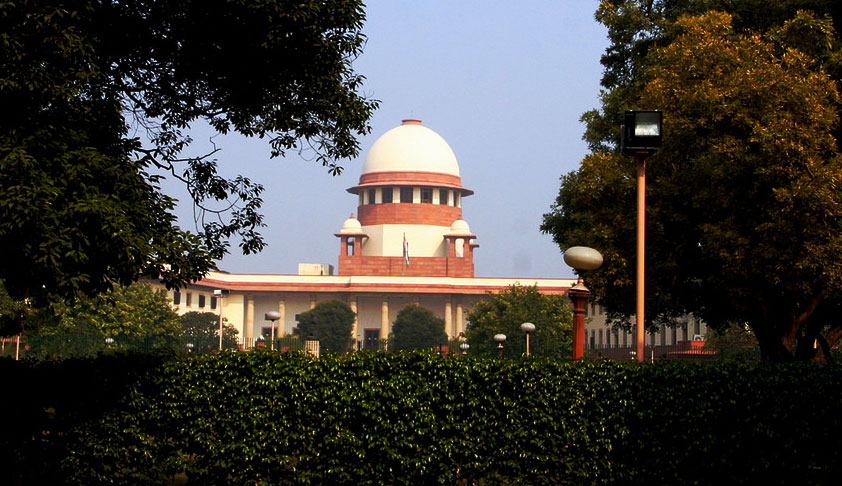Observation On Merits For Ordering Further Enquiry By Revisional Court Is Not Taking Cognizance: SC
Ashok K.M
24 Feb 2018 12:03 PM IST

Next Story
24 Feb 2018 12:03 PM IST
The Supreme Court, in Rajendra Rajoriya v Jagat Narain Thapak, has observed that reasons provided for ordering further enquiry under Section 398 of CrPC and the observations provided on merit by a revisional court cannot be said to have an effect of taking cognizance and the order of magistrate should reflect independent application of mind by the magistrate to the material placed before...
